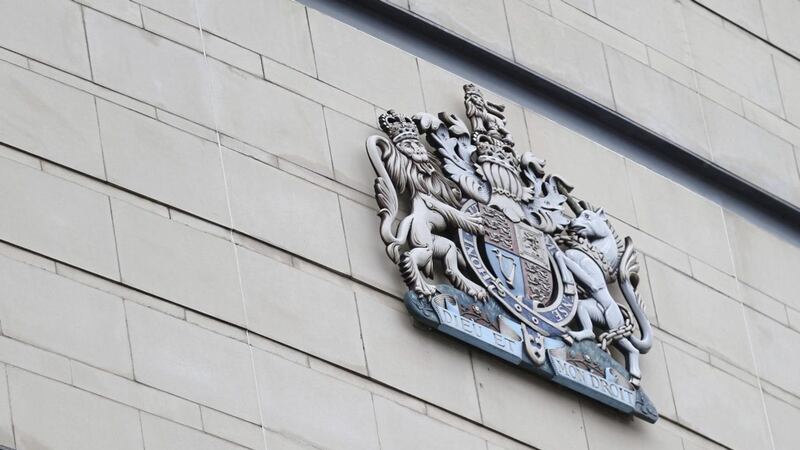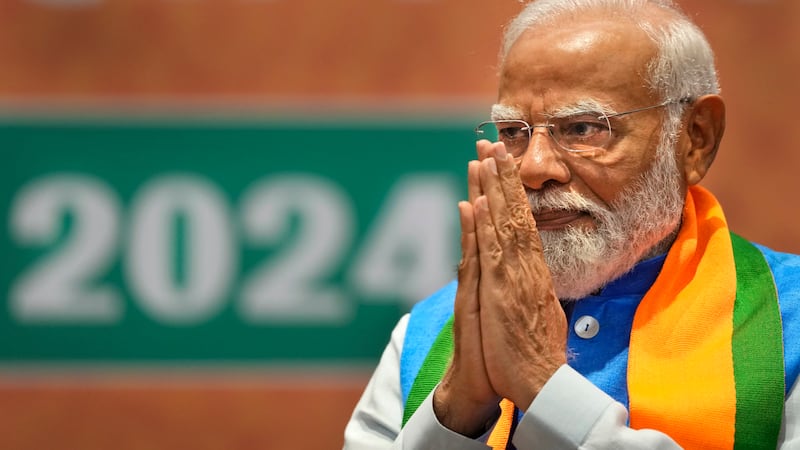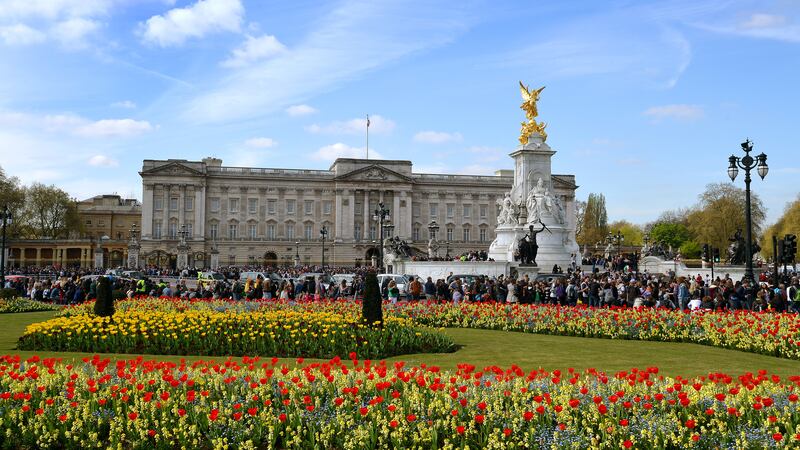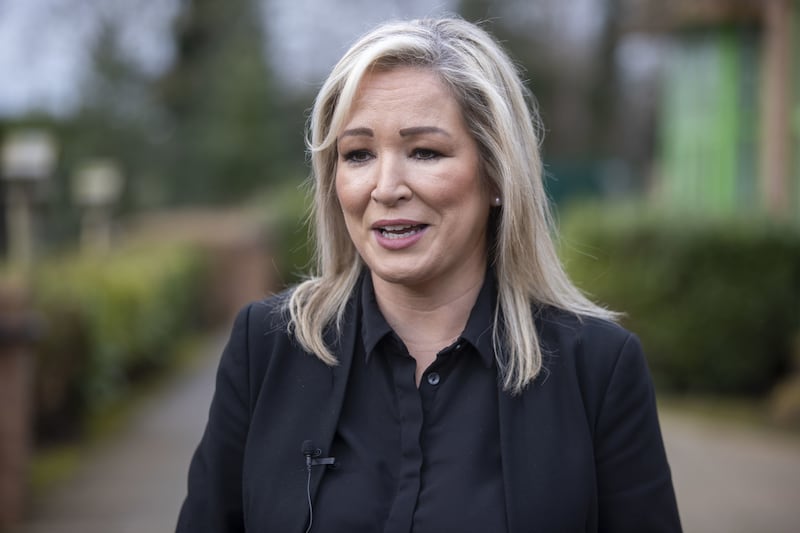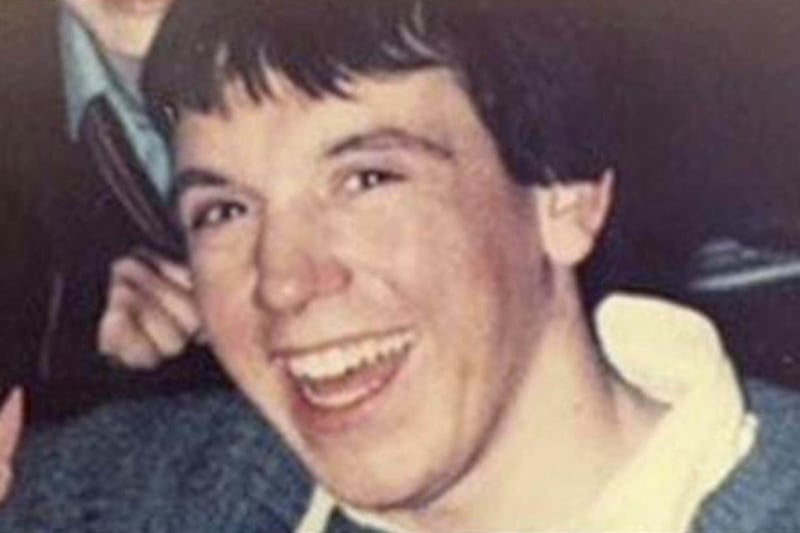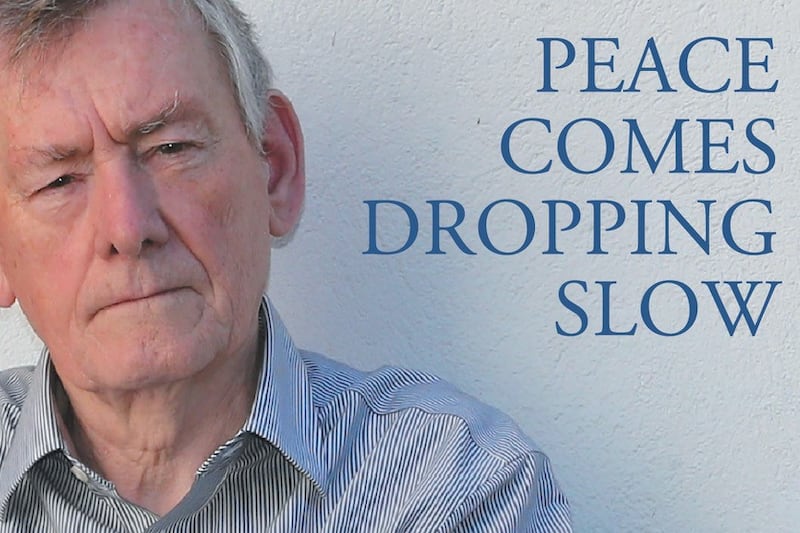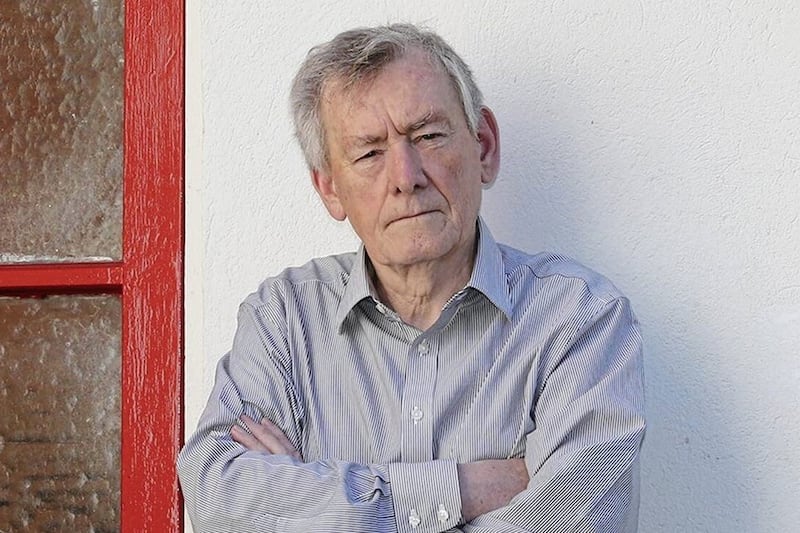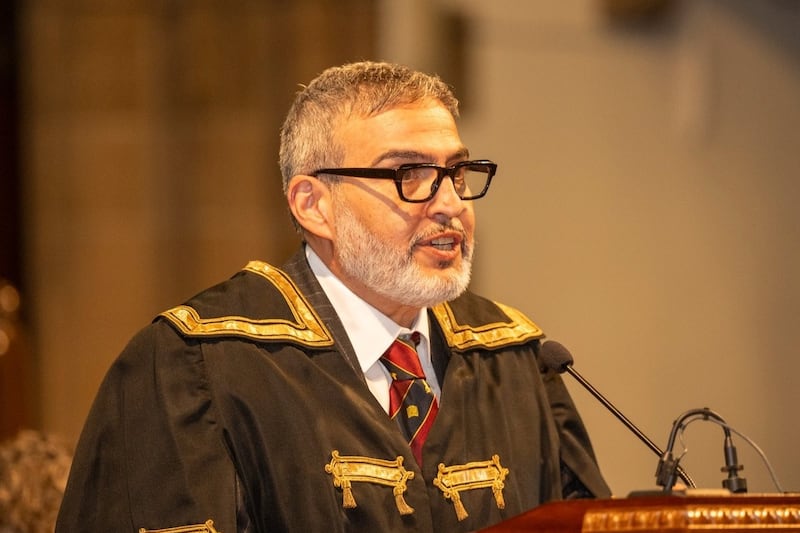Nearly 40 people convicted of Troubles-related offences during the 1970s have halted legal bids to have the verdicts overturned.
The 33 men and four women were seeking to mount appeals against guilty verdicts for offences committed in Northern Ireland when they were teenagers.
Defence lawyers had raised issues about the reliability of confession statements allegedly obtained from juvenile suspects through ill-treatment or without a solicitor or appropriate adult being present.
But senior judges in Belfast were informed yesterday that the challenges were either being stayed or abandoned.
The development follows a failed appeal by a man convicted of a teenage role in an IRA murder nearly 41 years ago.
James Gary Roberts was convicted of the murder of Harry Scott, a 64-year-old Protestant, shot dead at a west Belfast pub in March 1976.
The killing was said to have been carried out in retaliation for an earlier attack on a Catholic bar.
Roberts, aged 17 at the time, was arrested during a search which led to the recovery of the murder pistol under a mattress in his room.
His appeal was linked to a challenge by Gerard Harte to being fund guilty of petrol bombing offences.
Harte, then aged 16, was detained at his home in 1979 as a suspected terrorist, the Court of Appeal heard.
He was later found guilty of petrol bomb attacks on a builders' merchant and Lurgan Railway Station, as well as arson, burglary and theft of a shotgun offences.
Both men had been interviewed by police without a solicitor present.
Statements made during their questioning were used under emergency legislation in force at the time - despite the defendant's contesting the admissibility.
Their lawyers argued that the circumstances surrounding the statements rendered the convictions unsafe.
But in December last year appeal judges ruled that in both cases confessions were obtained in accordance with the rules at the time.
Based on that decision, and the outcome of separate proceedings before the European Court of Human Rights, counsel for the other 37 appellants announced their new positions.
Frank O'Donoghue QC, appearing in a number of the cases, said some were being abandoned completely.
He sought an order to stay other appeals, submitting that it would provide "sufficient finality".
Lord Chief Justice Sir Declan Morgan confirmed: "We are happy to take the course suggested."
